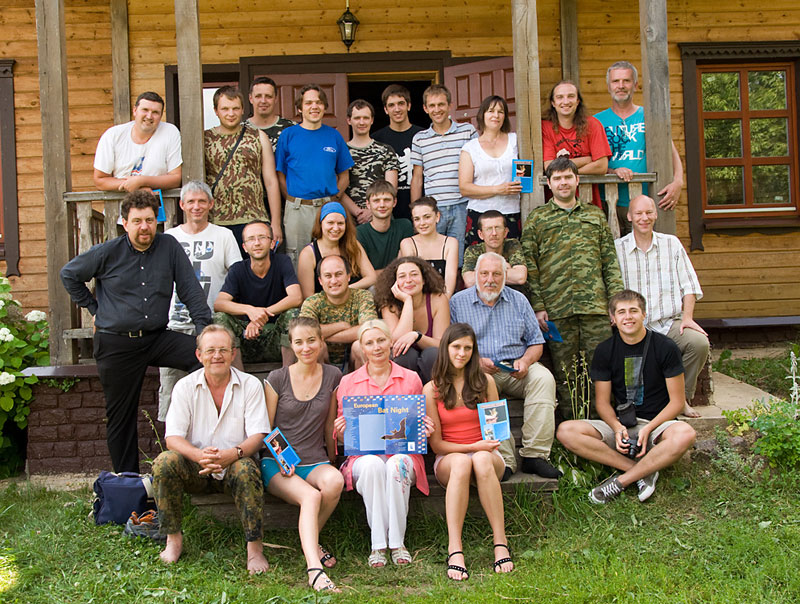Bats and forest management in Belarus
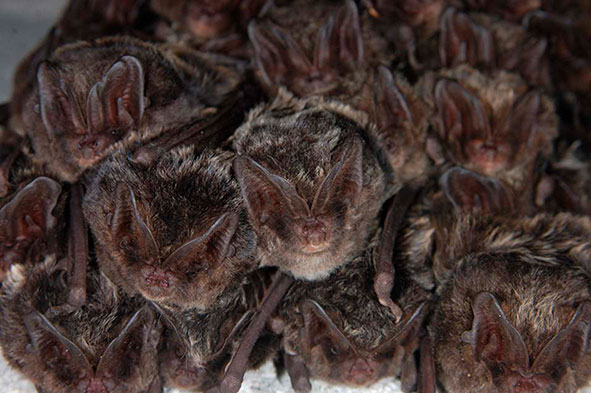
On behalf of The Habitat Foundation, three bat experts went to Belarus in 2010 to assist with the counts of bats in hibernacula (winter resting places) in the fortresses of Brest. An experience to remember, because more 3.500 Barbastelle hibernate here, possibly the biggest group in Europe. But probably this is the only that is known about bats in Belarus. The Belarusians know that about 19 species of bats live in their country, but about the distribution and the habitat use of these bats in summer little is known. Maybe species from abroad come here to breed?
For the conservation of bats in Belarus and abroad it is important to learn more about the Belarusian bat populations. Especially in the light of the fast changes in land use in Belarus. This may be detrimental to bats, but bats may also profit from it. An example of the latter case is the process of FSC certification of Belarusian Forestry, with over 70% of the forests being managed according to FSC criteria. This implies that the foresters take the well-being of wildlife into account in their management and exploitation of the forests. Doing this is only possible when you know what you have. For Belarus, this means that more surveys must be carried out, which implies that more people must be involved. That is why The Habitat Foundation, in collaboration with the Bat working group of BirdLife Belarus APB, organised two workshops about bats and forest management.
The workshops were held in 2012. The workshops were sponsored by the INNO fund of WWF The Netherlands. Bat detectors were sponsored by the Mammal Working Group South Holland.
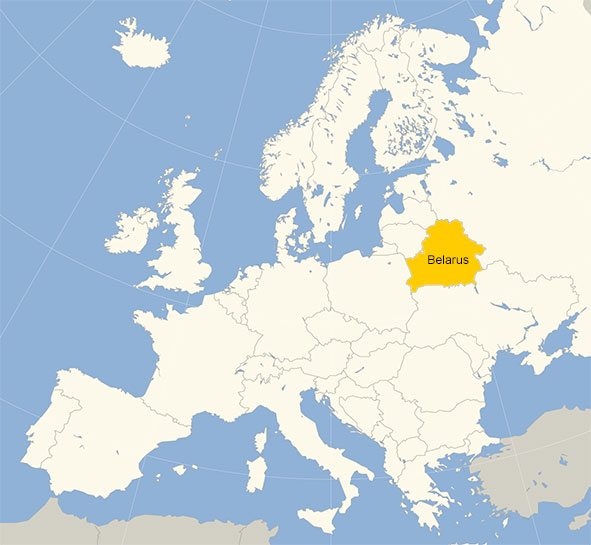
GOALS
- Involve more people, especially young biologists, in bat research and bat conservation.
- Educate Belarusians in the use of bat detectors.
- Improve the collaboration between Belarusian bat workers and bat workers in other parts of Europe.
- Increase awareness among foresters about bats and their requirements in forests.
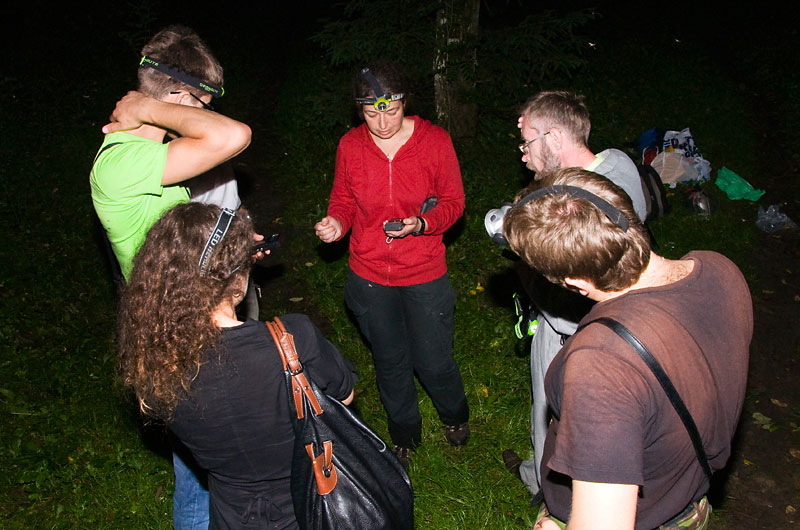
ACTIVITIES
- Give two workshops about bats and bat research in the summer. The first gives a general introduction about bats, their habitat use and survey techniques. During the second the participants will practise the techniques in the field.
- The workshops will be given by foreign bat experts, from Ukraine and The Netherlands.
- Give several bat detectors to the Belarusian bat working group.
- Arrange a meeting between Belarusian bat workers and foresters to discuss the possibilities for bat-friendly forest management.
- Produce a leaflet about bats and forest management in the Belarusian language.
- Generate publicity about bats and their conservation in Belarus.
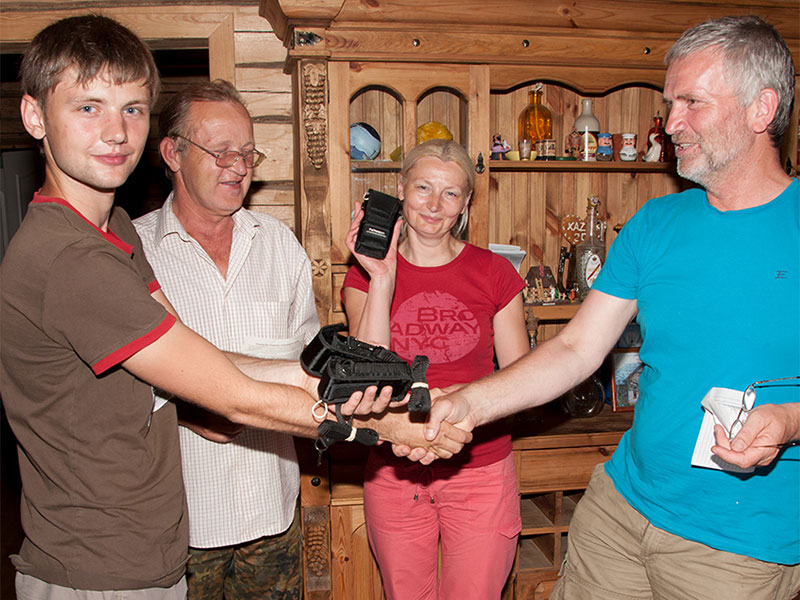
BUDGET
€ 13,270.-
DURATION
2012 - 2013
SPONSORS
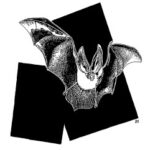 Zoogdierenwerkgroep Zuid-Holland
Zoogdierenwerkgroep Zuid-Holland
 INNO-fund of WWF the Netherlands
INNO-fund of WWF the Netherlands
DOCUMENTS
- - Booklet about bats and forestry (in Russian)
- - Leaflet about bats and forestry (in Russian)
- - Report about the workshops held in Belarus in 2012
- - Report about the counts in hibernacula in Brest in 2010
News
- - Brochure Bats and forestry ready
- - Leaflet Bats in Belarus ready
- - Belarussian ministry grants permission to print leaflet
- - 25 participants at bat workshop in Belarus
